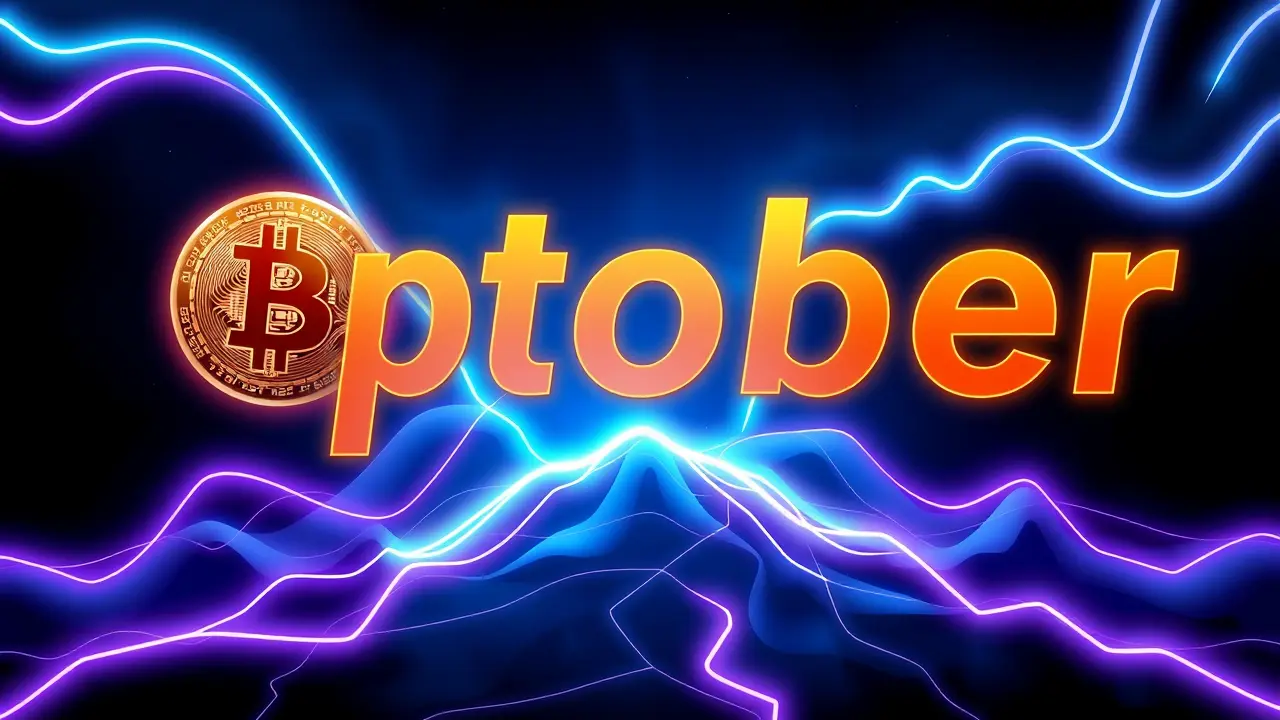
CryptodefiCross-Chain Bridges
Chainlink Introduces CRE to Fast-Track Institutional Tokenization
CH
Chloe Evans
5 hours ago7 min read
The institutional march into the digital asset space just found a powerful new catalyst, and its name is Chainlink. The oracle network, already the bedrock for trillions in on-chain value, has unveiled its Cross-Chain Interoperability Protocol (CCIP) in a new guise specifically engineered for finance's old guard: the Capital Markets Enablement (CRE) platform.This isn't just another tech upgrade; it's a meticulously crafted on-ramp designed to fast-track the tokenization of real-world assets (RWAs) by systematically dismantling the very barriers that have kept major institutions on the sidelines. Think of it as the diplomatic and technical envoy between the high-walled citadels of TradFi and the open, programmable frontiers of DeFi.The core challenge has never been a lack of desire—Goldman Sachs, J. P.Morgan, and BlackRock have all publicly mused on the immense potential of representing everything from treasury bonds and private equity to real estate on a blockchain. The trillion-dollar question has always been 'how?' How do you ensure the legal enforceability of a tokenized security across different jurisdictions? How do you maintain investor privacy while operating on a transparent ledger? How do you connect these new digital instruments to the legacy settlement systems that global finance still runs on? Chainlink's CRE appears to be a direct answer to this chorus of 'hows.' By leveraging CCIP as its secure messaging layer, the platform provides a standardized framework for the secure transfer of tokenized assets and instructions across both public and private blockchains. This interoperability is the key that unlocks a multi-chain future for finance, where an asset tokenized on a permissioned chain like J.P. Morgan's Onyx can seamlessly interact with a public chain like Ethereum or Avalanche for broader distribution or more complex DeFi applications.But CRE goes beyond mere connectivity. It’s building out a whole ecosystem of trust, integrating with established financial infrastructure providers like Swift and the Depository Trust & Clearing Corporation (DTCC), and offering legal frameworks for cross-chain transactions.This addresses the profound institutional allergy to counterparty risk and regulatory ambiguity. It’s one thing for a crypto-native project to experiment; it’s entirely another for a pension fund managing the retirements of millions to take a leap into a legally gray area.The CRE framework provides the guardrails, the airbags, and the rulebook, effectively de-risking the experimentation process. The implications are staggering.We are potentially looking at the beginning of the end for the siloed, days-long settlement processes that have characterized traditional markets. Tokenization promises near-instantaneous settlement, 24/7 market operation, and fractional ownership of previously illiquid assets, opening up investment opportunities to a wider demographic.The CRE platform could be the engine that powers this transition, acting as the universal adapter plug for the global financial system. Of course, the road ahead is not without its bumps.Regulatory harmonization across the US, EU, and Asia remains a colossal hurdle, and the technical complexity of securing cross-chain communication against sophisticated attacks is a perpetual arms race. Yet, with Chainlink staking its reputation and infrastructure on this vision, the tokenization of the world’s assets has just shifted from a speculative 'if' to a rapidly approaching 'when. ' This is the moment the plumbing of DeFi gets installed in the foundations of Wall Street and the City of London, and the flow of capital is about to change forever.
#featured
#Chainlink
#Cross-Chain Interoperability Protocol
#CCIP
#tokenization
#real-world assets
#RWA
#institutional adoption
#DeFi
Stay Informed. Act Smarter.
Get weekly highlights, major headlines, and expert insights — then put your knowledge to work in our live prediction markets.
Related News
© 2025 Outpoll Service LTD. All rights reserved.














